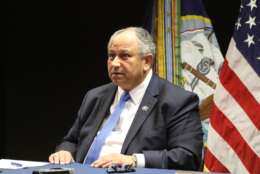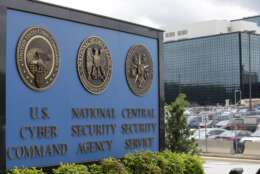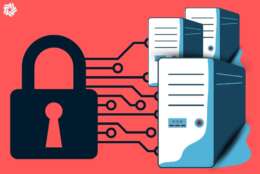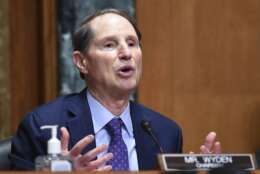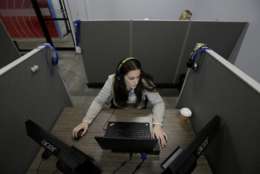Hubbard Radio Washington DC, LLC. All rights reserved. This website is not intended for users located within the European Economic Area.
On Air: Federal News Network
Special bulletin review: Secure remote workforce
Sponsored by


How the DEA made the move away from the pre-COVID office life to telework was aided by already having the foundation in place.
Read moreThe 1,600 employees of the National Science Foundation started working from home in March – a familiar story to so many across the country. But NSF might have been a little more prepared to make the switch.
If federal agencies were constantly on guard the past several years, as cyber-attacks grew in intensity and effectiveness, the past several months of the pandemic, has dumped fuel on that fire of fear and paranoia.
Protection of mobile devices is more important than ever. More than securing devices and mobile workforce per se, it’s important to think of this effort as helping secure the agency enterprise itself.
-
New Congressional task force looks to make sure it’s not left behind by AI advancements
Twelve members of Congress shave been appointed to a new commission to lead the House’s exploration of AI’s transformational opportunities.
-
Navy unveils new strategy for science, technology
Navy Secretary Carlos del Toro unveils partnership involving the Office of Naval Research, Naval Postgraduate School, U.S Naval Academy and Naval War College.
-
CYBERCOM considers options for future force generation model
CYBERCOM also has ‘enhanced budget control’ over cyber forces thanks to the fiscal 2024 appropriations bill, as officials craft plans for ‘CYBERCOM 2.0.’
-
NASA, Labor receive extra funding for IT modernization
The Technology Modernization Fund handed out more than $47 million to NASA and the Labor Department for cybersecurity and application modernization projects.
-
Leveraging lessons from the Okta breach to enhance federal cybersecurity
The Okta breach provides an opportunity for federal agencies to reassess and strengthen their cybersecurity posture.
-
Facing cyber attacks, critical infrastructure gets new reporting requirements
A newly proposed rule by CISA, tasks those operating in critical infrastructure sectors to report cyber incidents within 72 hours.
-
Oregon Senator fed up with data breaches, blasts Big Tech, demands mandatory standards
Sen. Ron Wyden (D-Ore) cites a Cyber Safety Review Board report that blames Microsoft’s inadequate cybersecurity culture.
-
With ‘spying bosses’ on the rise, where do federal agencies stand on employee monitoring?
One federal office has turned to employee monitoring technology in recent years, and it’s led to a major rift between workers and management.






